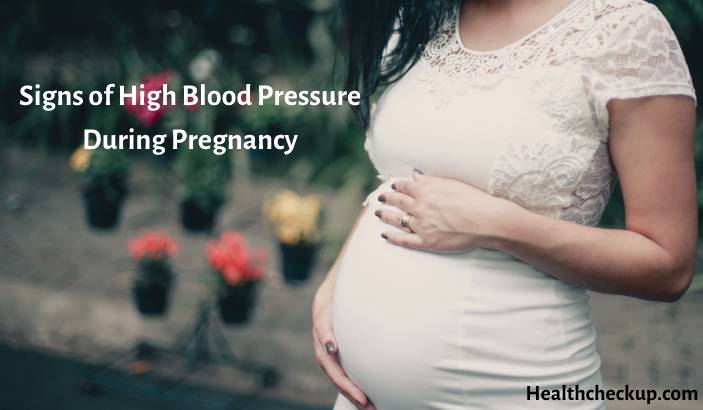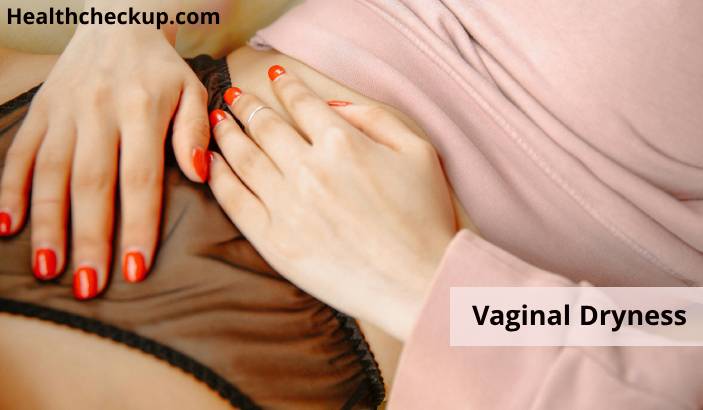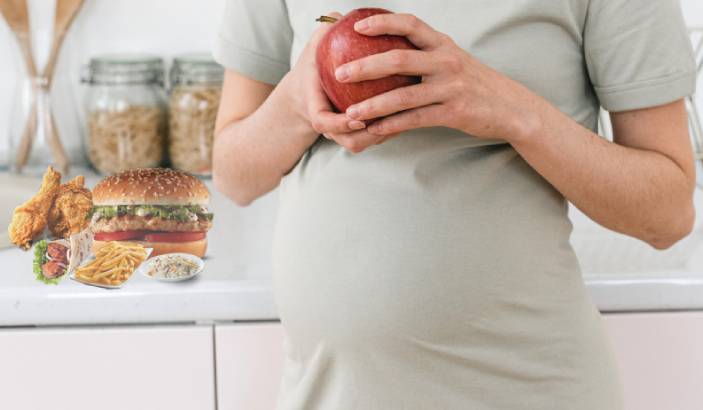High blood pressure, or hypertension, during pregnancy can be a serious condition that can lead to complications for both the mother and baby. It is important for pregnant women to be aware of the signs of high blood pressure and to seek medical attention if they experience any of these symptoms. In this article, we will discuss the signs of high blood pressure during pregnancy and what to do if you experience these symptoms.
Signs of High Blood Pressure during Pregnancy:
- Elevated blood pressure readings: High blood pressure is typically defined as a blood pressure reading of 140/90 mmHg or higher. Pregnant women should have their blood pressure checked at every prenatal visit, and any elevation in blood pressure should be reported to the healthcare provider.
- Headaches: Persistent or severe headaches can be a sign of high blood pressure during pregnancy. If you experience headaches that are not relieved by over-the-counter pain medications or that are accompanied by other symptoms, such as dizziness or visual changes, you should contact your healthcare provider.
- Swelling: Swelling, or edema, is a common symptom during pregnancy. However, if you experience sudden or excessive swelling, particularly in the face or hands, it could be a sign of high blood pressure.
- Upper abdominal pain: Upper abdominal pain, particularly on the right side, can be a sign of preeclampsia, a serious condition that occurs when a pregnant woman has high blood pressure and protein in her urine. If you experience upper abdominal pain, you should contact your healthcare provider immediately.
- Visual changes: Changes in vision, such as blurred vision or seeing spots, can be a sign of high blood pressure during pregnancy. If you experience visual changes, you should contact your healthcare provider immediately.
What to do if you experience signs of high blood pressure during pregnancy:
- Contact your healthcare provider: If you experience any of the above symptoms, you should contact your healthcare provider immediately. Your healthcare provider will be able to determine the cause of your symptoms and provide the appropriate treatment.
- Follow your treatment plan: If you are diagnosed with high blood pressure during pregnancy, it is important to follow your treatment plan as prescribed by your healthcare provider. This may include taking medications, making lifestyle changes, and monitoring your blood pressure regularly.
- Seek medical attention if your symptoms worsen: If your symptoms worsen or if you experience any new symptoms, you should contact your healthcare provider immediately.
High blood pressure during pregnancy can be a serious condition, but with proper management, the risks to the mother and baby can be minimized. It is important for pregnant women to be aware of the signs of high blood pressure and to seek medical attention if they experience any of these symptoms.









